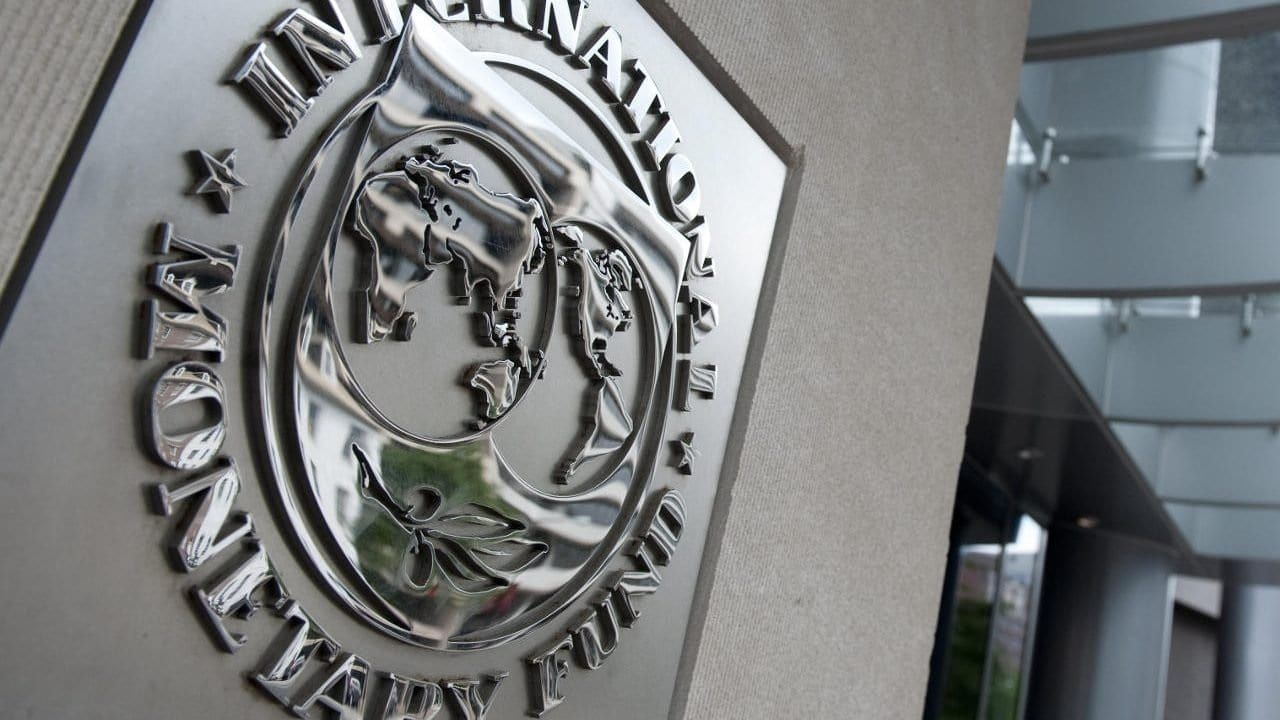After 15 years, Argentina resorted again to the IMF in 2018. A Stand By Agreement (SBA) was signed with the IMF for a record $57 billion –the largest loan in the history of the Fund, tainted with irregularities– to deal with an exchange rate crisis. Far from solving the problem, the agreement allowed the government to artificially contain the exchange rate amid capital flight. An internal evaluation in 2021 concluded that: ‘IMF resources ended up servicing unsustainable debt and financing a massive capital flight’. Today, the country is burdened with a debt that failed to create the necessary conditions for its repayment.
The Fundación Ambiente y Recursos Naturales (FARN), Espacio de Trabajo Fiscal para la Equidad (ETFE) and Recourse, presented this document in October 2024 that analyzes the current state of Argentina and its agreement with the International Monetary Fund (IMF). The debt problem, the need for an environmental and human rights perspective and the paths to be taken so that the country can comply with its international obligations.
In environmental matters, the debt burden hinders the fulfillment of international commitments by pushing the country towards the defunding of climate change adaptation and mitigation policies. In the first six months of 2024, Argentina paid $1.57 billion in interest to the IMF, which represents the equivalent of 148 times the 2024 budget for the promotion of renewable energies, 105 times the budget for fire management and 129 times the budget for the Environmental Protection of Native Forests.
